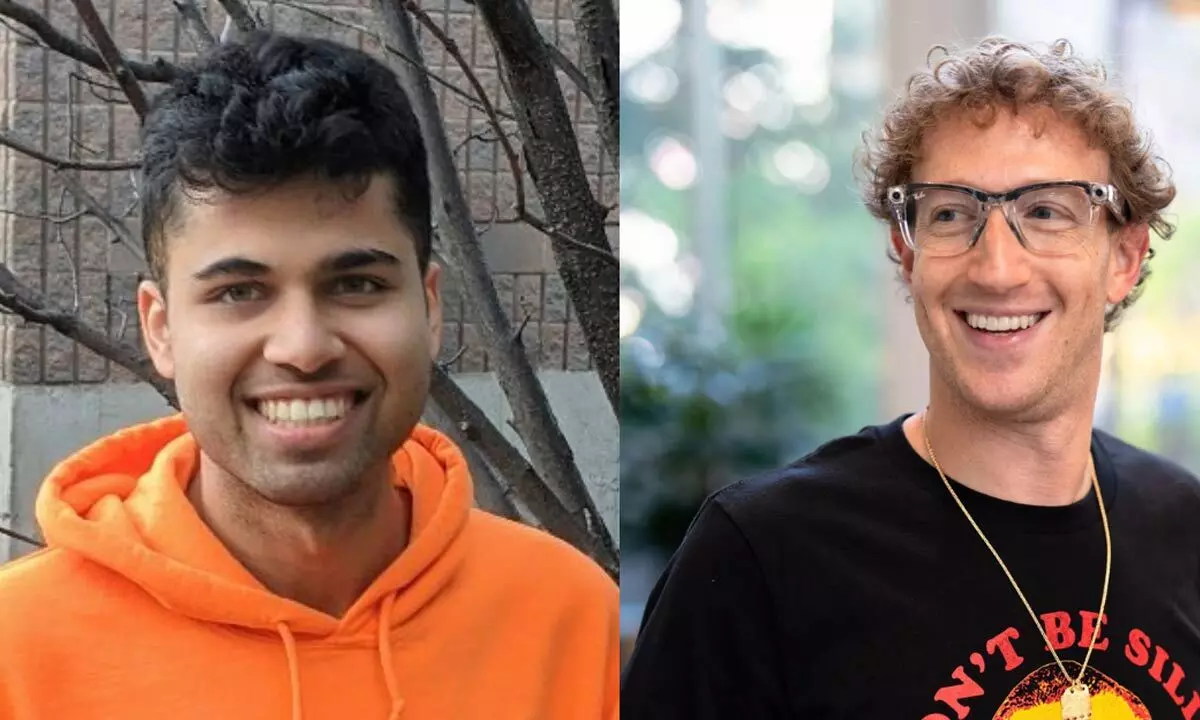SAN FRANCISCO — In a notable shift in Silicon Valley’s artificial intelligence ecosystem, more than twenty AI researchers have left leading companies including OpenAI, Google DeepMind, and Meta to join a new startup called Periodic Labs.
The move underscores growing interest in AI technologies aimed not just at automating work but accelerating real world scientific discovery. Dr. Rishabh Agarwal, who was offered a lucrative position in Meta’s new AI lab to work on superintelligence, declined the opportunity, joining Periodic Labs instead.
The main objective of AI is not to automate white collar work, said Liam Fedus, a cofounder of Periodic Labs. “The main objective is to accelerate science.”
Meta chief executive Mark Zuckerberg personally invited Dr. Agarwal this summer, offering millions in stock and salary to join the company’s AI lab focused on developing superintelligence, a technology designed to match or surpass human cognitive abilities.
Despite the offer, Dr. Agarwal and others opted for the new venture, signaling a shift in priorities among top AI researchers. Periodic Labs, founded by Fedus and Ekin Dogus Cubuk, who previously worked at OpenAI and Google DeepMind, respectively, is focused on applying AI to accelerate discoveries in physics, chemistry, and other physical sciences.
The startup has already secured more than $300 million in seed funding from venture capital firm a16z and others. Silicon Valley is intellectually lazy when it comes to describing the future of AI, Fedus said. “We are returning to a time when leading research labs viewed physical sciences as central to innovation.”
AI experts say Periodic Labs represents a unique approach in an industry largely dominated by AI projects aimed at natural language processing and automation.
Dr. Oren Etzioni, founding CEO of the Allen Institute for AI, described the venture as a visionary bet, acknowledging the complexity of applying AI in physical experimentation.
Traditional neural networks, like those that power chatbots such as ChatGPT, analyze vast amounts of text to identify patterns and generate human like responses.
While these systems have shown promise in areas like coding, language translation, and even theoretical math, Fedus and Cubuk argue that genuine scientific discovery requires hands on experimentation.
“A chatbot cannot reason for days and come up with an incredible discovery,” Cubuk said. Humans cannot do that either. They run many trial experiments before they find something incredible if they even do.
Some AI companies are already working on accelerating scientific research through digital methods. For example, Google DeepMind’s AlphaFold project, which predicts protein structures, has contributed to drug discovery and garnered attention from the scientific community.
OpenAI and Meta have similarly touted AI applications in mathematics, physics, and pharmaceutical research. However, Periodic Labs aims to integrate AI with physical experiments.
Robots in their upcoming Menlo Park laboratory will carry out experiments at scale, while AI systems analyze results to guide subsequent trials. The iterative approach mirrors how neural networks learn from patterns in data, but in this case, the “data” is the physical world itself.
We hope to get there faster through repeated iterations, Cubuk said. AI will not make the discovery on the first try, but it will learn from each experiment. Employees at leading AI labs expressed mixed feelings about the talent shift.
A former Meta researcher who spoke on condition of anonymity said the move to Periodic Labs reflects both ambition and a desire to work on projects with tangible scientific impact.
Meanwhile, venture capitalists are closely watching the development. Investors are increasingly interested in AI applications that go beyond automation to impact fundamental science, said Joanna Lee, a partner at a Bay Area VC firm. “Periodic Labs is a prime example of this trend.”
The success of Periodic Labs could redefine priorities in AI research. By combining advanced machine learning with physical experimentation, the startup hopes to accelerate discoveries in areas historically dominated by manual experimentation.
While AI in laboratories is still in its early stages, advances in computational power, robotics, and neural networks make the vision more feasible than ever.
Fedus emphasized that the journey will be long and challenging. We are not claiming this will solve cancer or invent new physics in two years, he said. But this is how you make a good, visionary bet.
The migration of top AI researchers from OpenAI, Google, and Meta to Periodic Labs highlights a broader trend in the technology sector: the increasing focus on AI applications that advance scientific discovery.
With substantial funding and a unique experimental approach, Periodic Labs could serve as a model for future AI driven research, combining computational intelligence with physical experimentation.
As the startup scales its operations, the industry will watch closely to see if AI can indeed accelerate breakthroughs that have traditionally relied on human trial and error methods.
